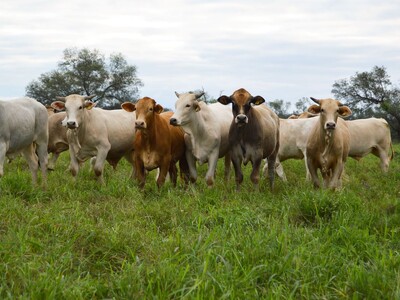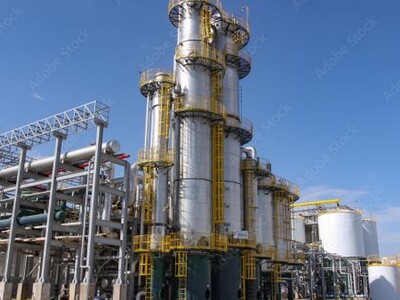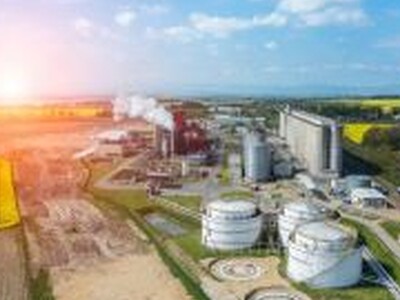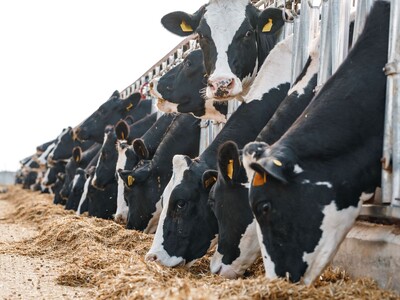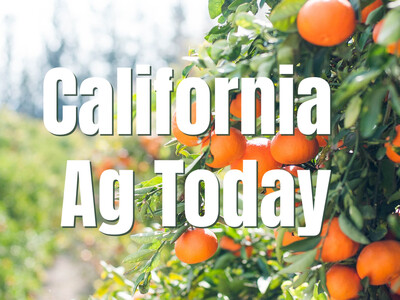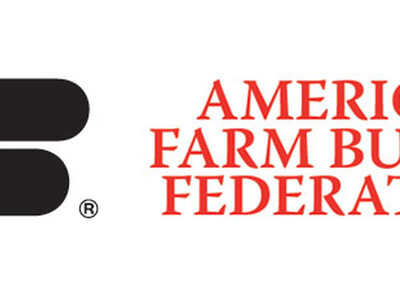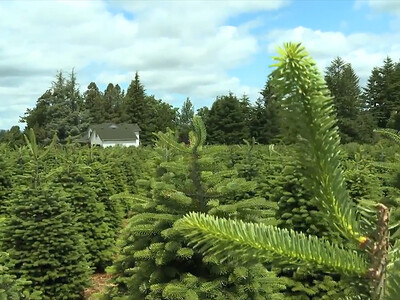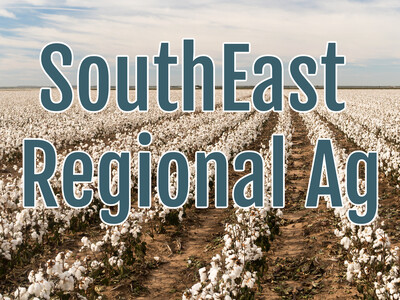Modern dairies
Western states all have huge dairy industries and Oregon is leading the way as it proudly points to a recent national award showing that the vast majority of dairy farmers are both innovative and practice good stewardship:
Oregon’s Rickreall Dairy is one of only three US dairies to recently receive a national sustainability award. Oregon Department of Agriculture’s Wym Matthews, manager of its CAFO Program, feels good about the industry and says sustainability on dairy farms encompasses a number of things:
“Making sure they have quality employees for the farms. Making sure farms are meeting environmental requirements and rules. Making sure their farms are profitable because if they are not profitable, they are not going to stay around. And also being a good community member.”
Many dairies have been operating for generations, but those dairies have adapted to environmental standards and regulations by embracing sustainable practices. Permits to these operations are issued by most states to ensure that manure does not impact water quality:
“Complying with that permit across a wide range of dairy sizes and shapes and operations that we have– conventional, organic, large, medium, small– they’ve all had to comply with the same speed limit about no discharge to surface and ground waters.”
Dairy farms most often apply animal waste to crop fields that produce food for their cows, turning manure into an asset rather than a problem. They have also voluntarily installed methane digesters and solar panels, and have embraced precision agriculture and automation to boost efficiency. The result is a smaller environmental footprint.




